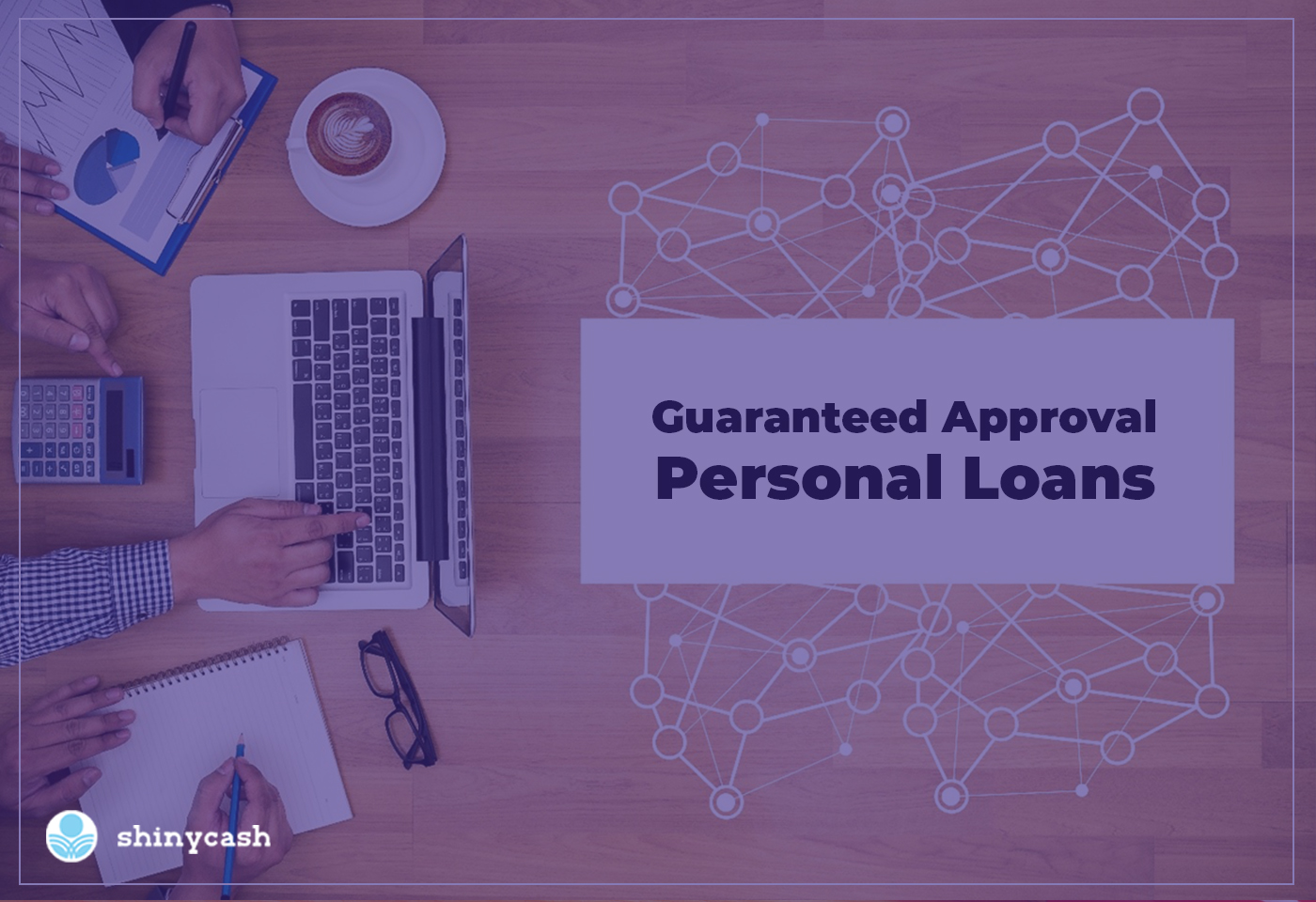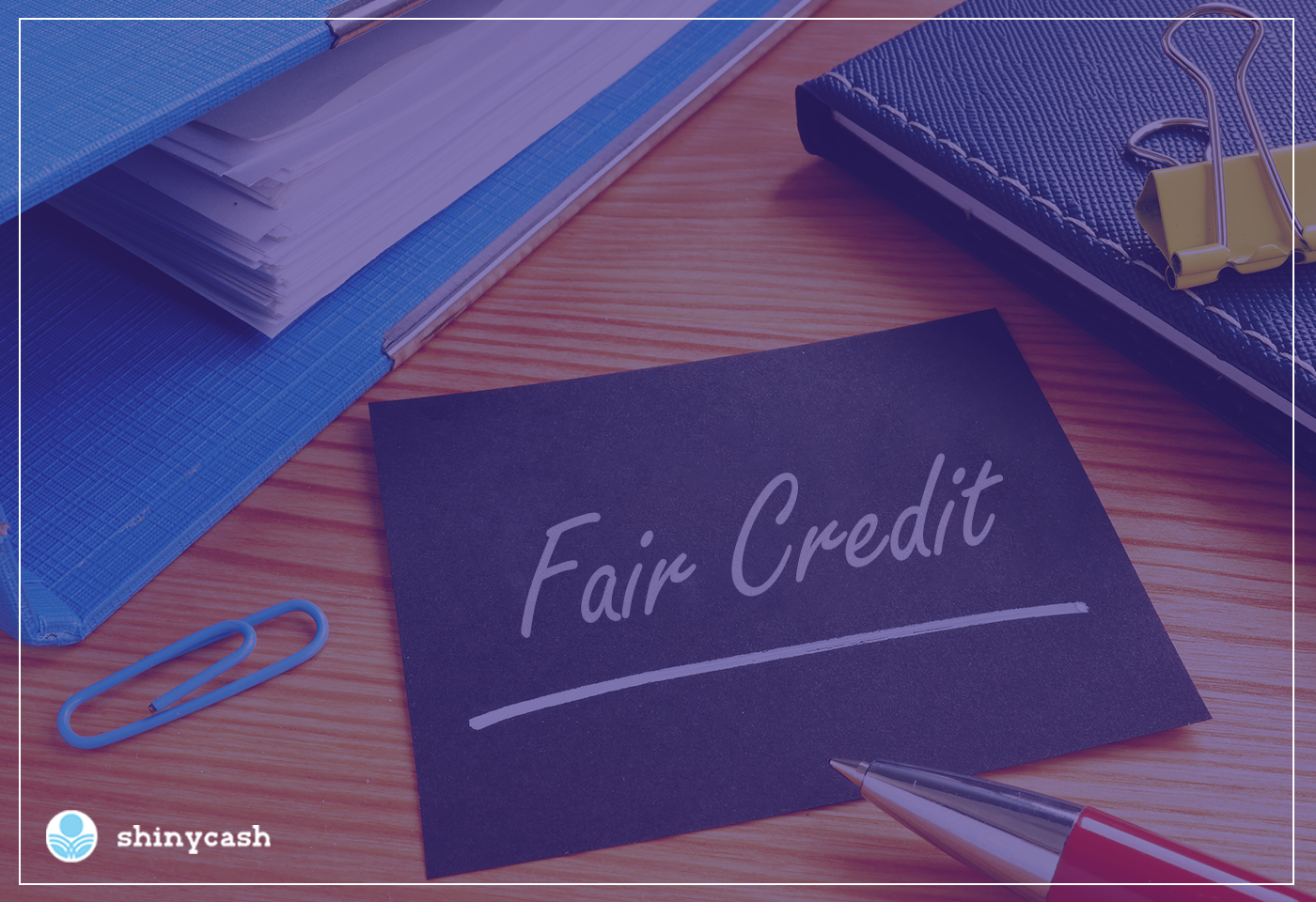The interesting thing about personal loan interest rates is that they vary from lender to lender. Every one of them has his/her own method of evaluating risks and determining rates. As a borrower, you may represent more risk for one lender than the other, so it would be a good idea to compare rates from different lenders.
Qualifying for a good rate depends on multiple factors - your online application, credit score, loan terms. The general rule is, a short-term loan means a higher interest rate, a good credit score means a lower interest rate. Some lenders can be even more flexible and offer different discounts, such as an autopay discount, when your monthly repayments are directly withdrawn from your bank account.
What are the current personal loan rates?
The average personal loan interest rate is 11.25% as of May 2020, ranging from about 5% to 36%. For borrowers with excellent credit track of 720 and over, the average rates range from 10.3% to 12.5%, 13.5% to 15.5% for good credit score holders starting at 690, 17.8% to 19.9% for average credit scores of 630 to 689, and poor credit of 629 and under, the rate for personal loan ranges from 28.5% to 32.0%.
Why does a credit score affect your rate?
Personal loans are unsecured most of the time. Borrowers do not offer any collateral to cancel out the lenders’ risks. And so, they often have higher APRs than other types of loans. When giving out an unsecured loan, lenders have to rely extensively on a borrower's credit score to determine their credibility and assess their repayment habits. A low credit score entails more risk for the lender; thus, the borrower has to pay more in interest to balance the risk. We are talking about double digits APRs in this case.
What is APR?
The abbreviation APR stands for Annual Percentage Rate. This term refers to the extra amount of payment that borrowers make on top of the principal loan amount. APR is not the same as your interest rate! It actually is the sum of your interest rate and any additional loan fees, if such exist. The math is simple when comparing your offers for APR - the lower, the better. Thus, going for a secured loan can sometimes help lower APR if you have bad credit.
Fixed-rate or variable interest?
When comparing your personal loan offers during the prequalification process, you may be presented with a choice between a fixed rate that stays the same over the term of the loan or a variable rate that changes depending on the market.
Variable interest rate loans usually start low but can increase in the future. Read your loan agreement carefully to learn how often the lender can legally raise your rate, and if the agreement doesn’t specify the maximum cap rate percentage, ask your lender to include such a clause. By contrast, a fixed interest rate will remain unchanged over time and through all the market crashes. So you basically have to choose between the stability of fixed rates or the possibility to save on variable rates.
Is a Personal Loan Worth it?
A personal loan is a good choice if you need a certain amount of money in advance and have a stable monthly income to pay it off with a paycheck. Personal loans actually offer better APRs than credit cards and more convenient fixed rates over the loan's lifespan.
In any case, before you commit to it, take precautions and carefully analyze the APR you're offered. Make sure you can afford monthly loan payments without digging a hole in your pocket. Make sure you feel comfortable with the term and other conditions. Feeling confident? Think you can close out your debt earlier than anticipated? Some lenders charge you a fee for paying off your loan early. Familiarize yourself with the deal you’re entering into as much as possible to avoid hurting your financial situation any further. Unsure if you can afford a loan? Try to calculate how much interest you can afford and let your lender know on top of the principal loan.

.jpg)






.jpg)


